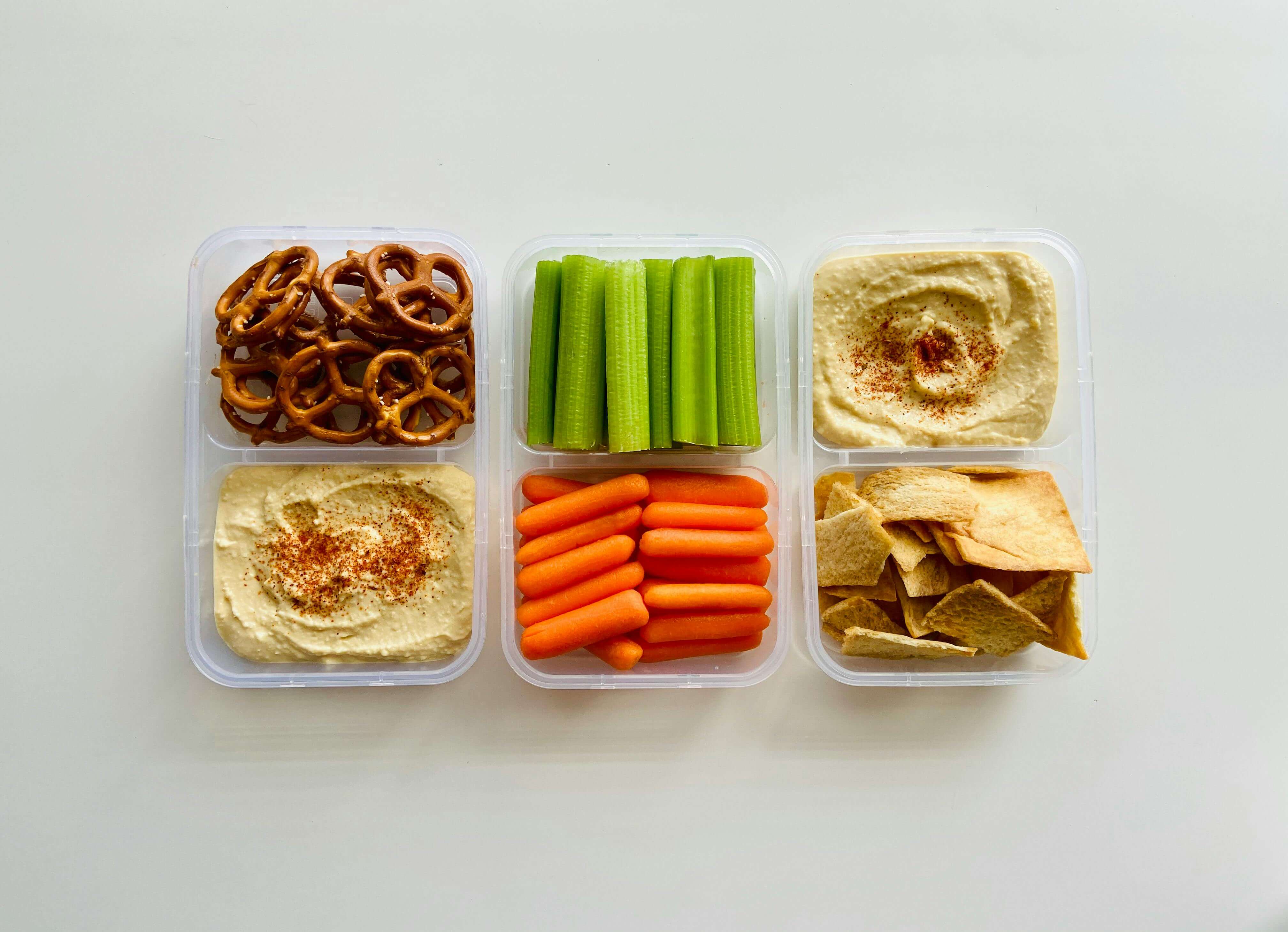7 Worst Drinks for Gut Health

Your gut plays a central role in almost every aspect of wellbeing, from digestion and immunity to mood and metabolism. What you drink can either nourish or challenge this delicate system.
While no single beverage will damage your gut overnight, certain drinks can make it harder for your gut microbiome to thrive especially when consumed often. Here, we break down the seven worst drinks for gut health and offer easy swaps that support better digestion and balance.
1. Sugary soft drinks and energy drinks
Regular fizzy drinks and energy drinks are packed with added sugar but provide little nutrition. High sugar intake can fuel less-beneficial gut bacteria and contribute to inflammation, weight gain, and poorer metabolic health¹.
Swap it for: Sparkling water with sliced fruit or mint. Water hydrates without disturbing gut balance.
2. Alcoholic beverages
Alcohol can irritate the gut lining, disrupt microbial balance, and increase intestinal permeability². Red wine, however, is a partial exception (in moderation) as it naturally contains polyphenols, plant compounds that may help beneficial bacteria flourish. These potential benefits only apply when consumed in small amounts. For overall gut and heart health, the less alcohol you drink, the lower your risk of harm.
Swap it for: Sparkling water with citrus or a splash of unsweetened juice.
3. Fruit juice and smoothies
Fruit is full of vitamins, minerals and natural antioxidants, but how you enjoy it can change its effect on your gut.
Fruit juice removes the fibrous part of the fruit, so the natural sugars are absorbed more quickly and the drink is less filling. This means you miss out on the fibre that helps to keep your digestion regular and feeds the friendly bacteria in your gut³.
Smoothies still include the whole fruit, so they keep more fibre and nutrients. However, blending breaks down the fruit’s structure, releasing some “free sugars.” These behave more like added sugars, so large portions or very fruit-heavy blends can still be less balanced.
Enjoying smoothies in moderation, especially those made with vegetables, yoghurt or seeds, can be a great way to add variety and nutrition to your day.
Swap it for: A homemade smoothie that combines fruit, vegetables and yoghurt for extra fibre and probiotics, or simply whole fruit with water for everyday hydration.
Try our 30 g Fibre Smoothie Recipe for a balanced blend that supports gut health while keeping sugar levels steady.
4. Sweetened coffees and flavoured lattes
Coffee itself can support gut health: it contains polyphenols that act as antioxidants and may help beneficial microbes flourish⁴. The problem arises with sugar-laden versions large lattes or iced coffees that can hide several teaspoons of sugar and excess saturated fat. These ingredients may promote inflammation and upset microbiome balance.
Swap it for: Black coffee or a small coffee made with a splash of plant based-milk and no syrup.
A simple way to enjoy coffee’s benefits without the excess sugar is to keep it light and refreshing. Our Iced Coffee Recipe is a great example, it’s naturally flavoured, low sugar, and gentle on your gut.
5. Artificially sweetened drinks
Sugar-free drinks rely on sweeteners to mimic sweetness. Some, such as stevia and erythritol, are considered safe and well tolerated when consumed in moderation. Others, like aspartame, sucralose, and saccharin have more mixed evidence and may alter gut bacteria in sensitive individuals⁵. Moderation is key, and water should remain the main source of hydration.
Swap it for: Sparkling water, herbal tea, or probiotic drinks containing minimal natural sweeteners.
6. Fizzy or highly acidic drinks
Even without sugar, acidic and carbonated drinks can cause bloating or discomfort, particularly for people with reflux or irritable bowel conditions⁶. Over time, acidity may also wear down the gut lining and tooth enamel.
Swap it for: Still water with cucumber or mint, or calming teas such as chamomile or ginger.
7. Sweetened teas
Bottled and flavoured teas often contain hidden sugars similar to soft drinks. Excess sugar can upset gut bacteria and raise blood glucose levels. Instead, green tea or matcha provide a gut-friendly alternative. Both contain polyphenols that act as antioxidants and have been shown to encourage a more diverse, balanced microbiome⁷.
Swap it for: Unsweetened green tea, matcha, or fresh herbal teas like mint or ginger.
The bottom line: hydration comes first
Across leading health organisations, the message is clear: water is the best drink for your body and your gut. It aids digestion, regulates temperature, and supports the natural elimination of waste. Keeping hydrated helps your microbiome function smoothly and your digestive system stay comfortable.
Simple ways to support gut health through what you drink
- Make water your go-to drink.
- Keep sugary and sweetened drinks occasional.
- Enjoy coffee and tea unsweetened or lightly flavoured.
- Limit alcohol and opt for water or herbal tea between drinks.
- Blend fruit with vegetables or yoghurt for balanced smoothies.
Final thoughts
Supporting gut health doesn’t mean cutting out every indulgence. It’s about awareness and balance. By reducing sugary, acidic, and fizzy drinks, and choosing hydrating, fibre-rich, and probiotic-friendly options, you give your gut and the best chance to thrive.
Want to learn more about how your gut affects everything from energy to immunity? Visit our Ultimate Guide to Gut Health
References
- British Heart Foundation. Drinks: Best to Worst.
- Heart Foundation. Heart-Healthy Drinks Guidance.
- NHS. Free Sugars and Fruit Juice Advice.
- CDC. Healthier Drink Options.
- Heart Foundation. Alternative Sweeteners Factsheet.
- British Heart Foundation. Fizzy Drinks and Dental Health.
- NHS. Green Tea and Polyphenols: Health Effects.
- Tags: Lifestyle and Wellness



